Anticipating Food and Alcohol Triggers
Why do you get cravings? For example, you may crave chocolate. Some research suggests this could be due to a magnesium deficiency. Hmmm – OK then – so why not crave spinach or pumpkin seeds which are much higher sources of magnesium? That theory just doesn’t hold up on its own.
You crave things that give you pleasure – that make you feel better. Foods, substances or behaviors that satisfy those compelling urges that allow you to escape negative feelings, numb out, feel a release, take the edge of or give you something to distract you from discomfort or stress.
The second step in the S.A.N.E.R. Framework is ‘A’ for Anticipating your triggers. This is key because going into a triggering situation without any self awareness or tools may lead you to default to the behavior you’re trying to transform. Why?
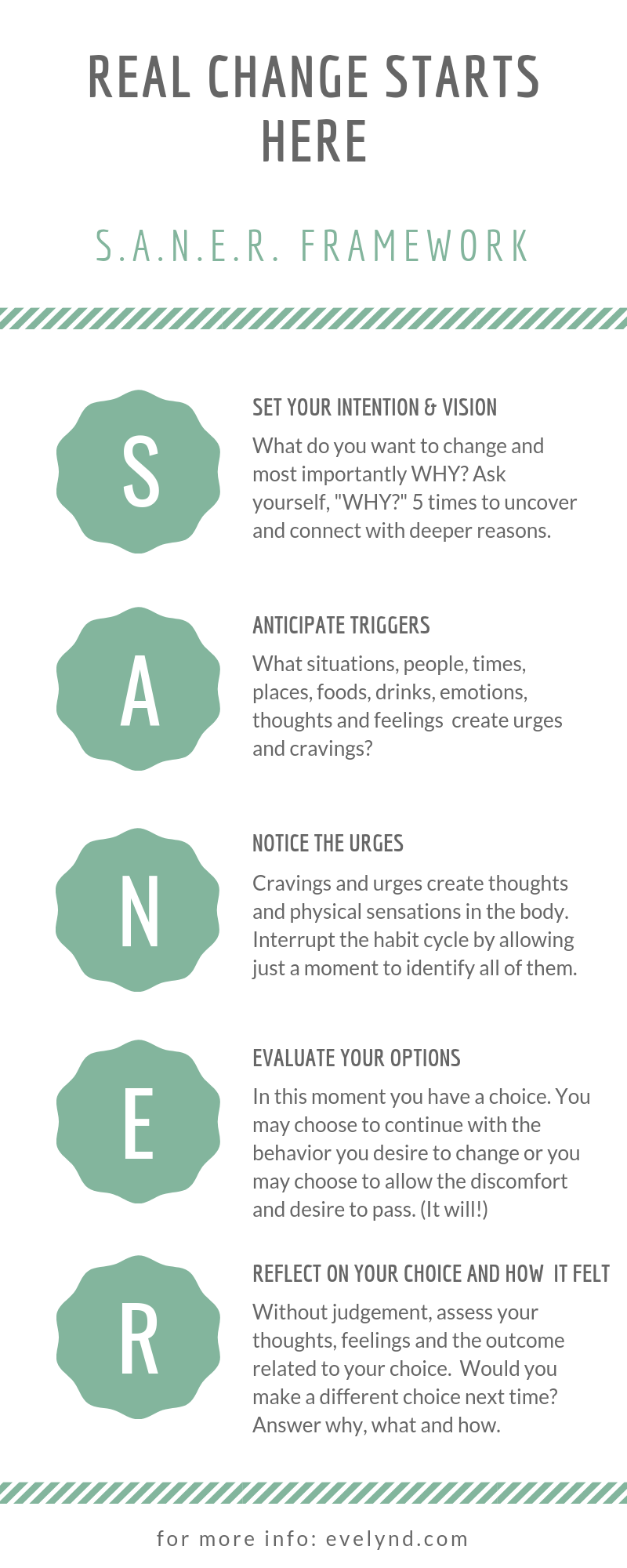
Because they’re easier.
It’s more comfortable to do them than to not do them. You’re used to using them. They are (until now) your default setting. Your brain and biochemistry have been wired to default to this setting because of repetition.
But now you’re changing the auto pilot setting and that takes effort and planning and lots and lots of uncomfortable practice – over and over and over again.
Let’s say you’re a teacher and you’re trying to drink less wine at night. It’s likely that you’re not anticipating any cravings to drink wine while school’s in session because that would be highly inappropriate and against school policy. So in that setting, during those times of day and with your students, you’re good. You’re hopefully not craving alcohol. Maybe you’re anticipating a glass of wine as soon as you get home, but not there.
So anticipating the triggering time and place might be when you get home from work.
You kick off your shoes, change into some comfy clothes and you crave a glass of wine. (If alcohol’s not your thing, maybe it’s a bag of chips or cheese and crackers, cookies, Facebook, Netflix, online shopping, etc..)
For me, I crave wine when going to a restaurant with my friends for lunch, dinner or Happy Hour…I crave wine when going camping, or the beach, or going to a party, or a concert, any event really, or like the teacher example, when wrapping up a busy day, or while cooking dinner, or curling up on the couch on the weekends, or, or, or, or… I have many, many, many triggers for alcohol.
So in this step, you just need to identify and anticipate all of your triggers for the thing you’re trying to change. Triggers may be a person or people, a place, a time, an experience or event, a stressor or any setting or circumstance that you associate with indulging in the behavior you’re trying to change.
Take note of all of them – preferably on paper – and keep a running list, because you’ll likely notice more as you build more and more awareness. As you assess your list of triggers, ask yourself: What about each trigger makes me want to alter my state of being?
Is it a thought, a feeling, physical sensations in the body, an avoidance, stress, tension, anxiety, depression, worry, frustration, pain, discomfort, overwhelm, boredom, perceived social pressure, a story you’ve created, FOMO, happiness, celebration? (This will be unpacked more in the “N” step next time.)
As I’ve shared in previous posts, my introversion, feelings of awkwardness, social anxiety – that drained, forced feeling I dread – and my general tendency to be uptight about some things in my life, leads me to want to release that tension at times. I want to loosen up, take the pressure off and either have a little fun or just disconnect from always being ‘on’ in my head.
And hey, a glass of wine does a great job with that.
If you’re healthy, you like how you look and feel, you’re happy with the results you’re getting – if the intake is minimal and you’re being responsible – and you’re really happy with how your life’s going; there’s actually nothing wrong with having a glass of wine (or another indulgence) for pleasure or to relax.
It’s only a problem if it’s negatively impacting your choices, your life, relationships or health – and if you feel it’s enough of a problem that you want to change your relationship with that behavior. The same goes with overeating and overspending, etc..Changing the habit is your choice.* No one is deciding this for you – except you.
But I assume you’re here because you want to change something.
One other important thing to note – because this is something I tend to want to do – and that is to just avoid your triggers. How much easier is it to just not go out than to deal with the discomfort of not drinking?
A few years ago I was following a super strict HCG program which also involved taking a break from drinking for 6 whole weeks. I basically didn’t go out to socialize that entire time. I worked on a home renovation project.
I should’ve known better, because this avoidance approach doesn’t teach you anything or change anything because as soon as you get back into the triggering environment, BOOM – you’re triggered right back into your old behavior.
The key is to identify and reframe your triggers – NOT to pretend they don’t exist by avoiding them.
OK – Tell me how you do with this. If you’re on my email list, I created a free worksheet to help you with your trigger inventory, so if you’re not on my list, get on it!
*Side note: On changing your behavior: I ran into a lot of confusion and wishy washiness when I would share my concerns with others about my occasional over-drinking. I was assured that I was being ridiculous, obsessive, overly self-critical/perfectionistic and not to worry. I probably framed it ‘just so’ so that they would tell me what I wanted to hear ( “You’re FINE!”) or maybe they didn’t want to make me feel bad or maybe they didn’t want me to change. Eventually, I really decided inside that I wanted to change this aspect of my life for good, which is where I am now. 🙂
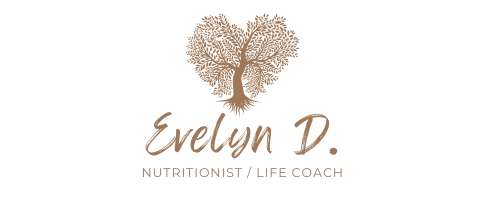
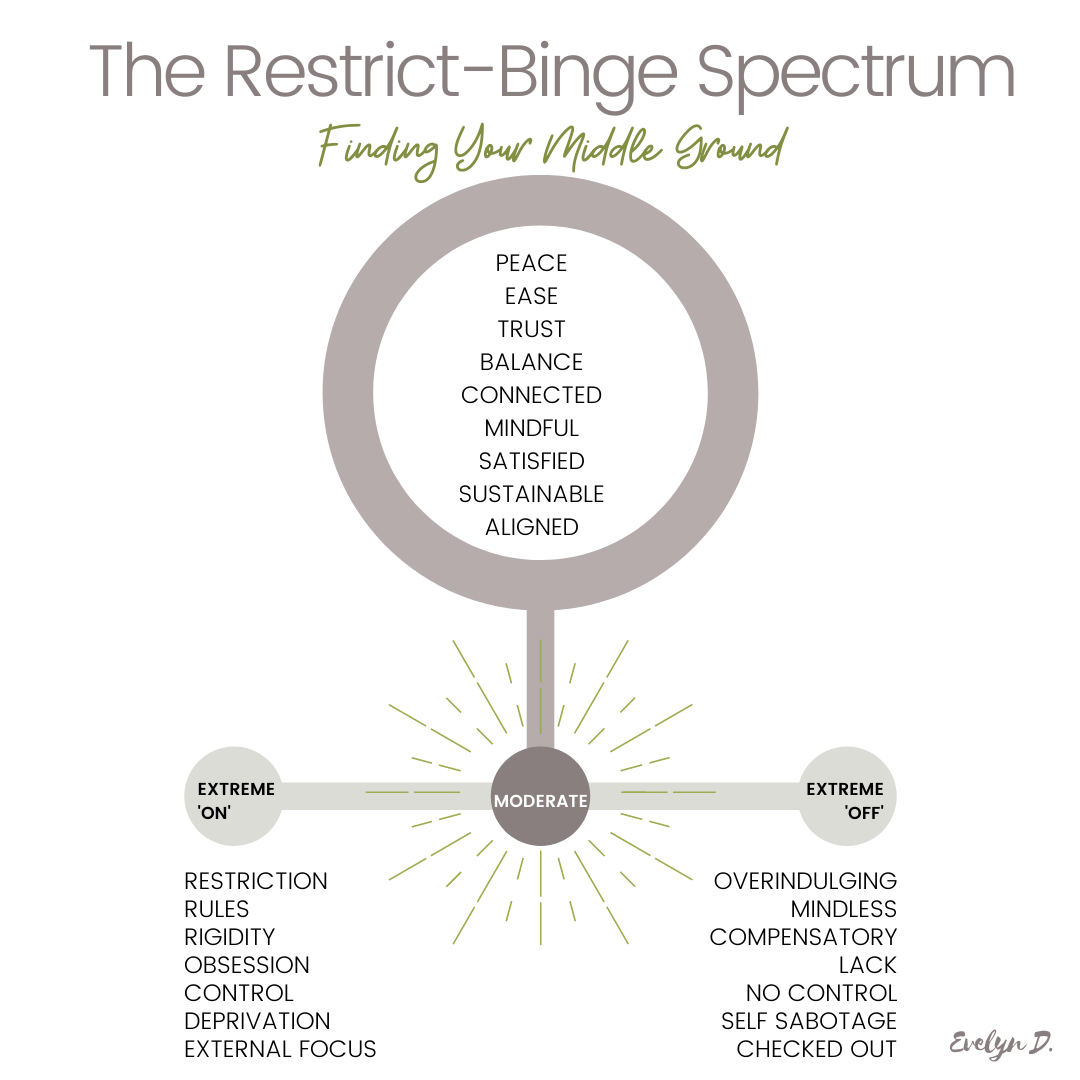
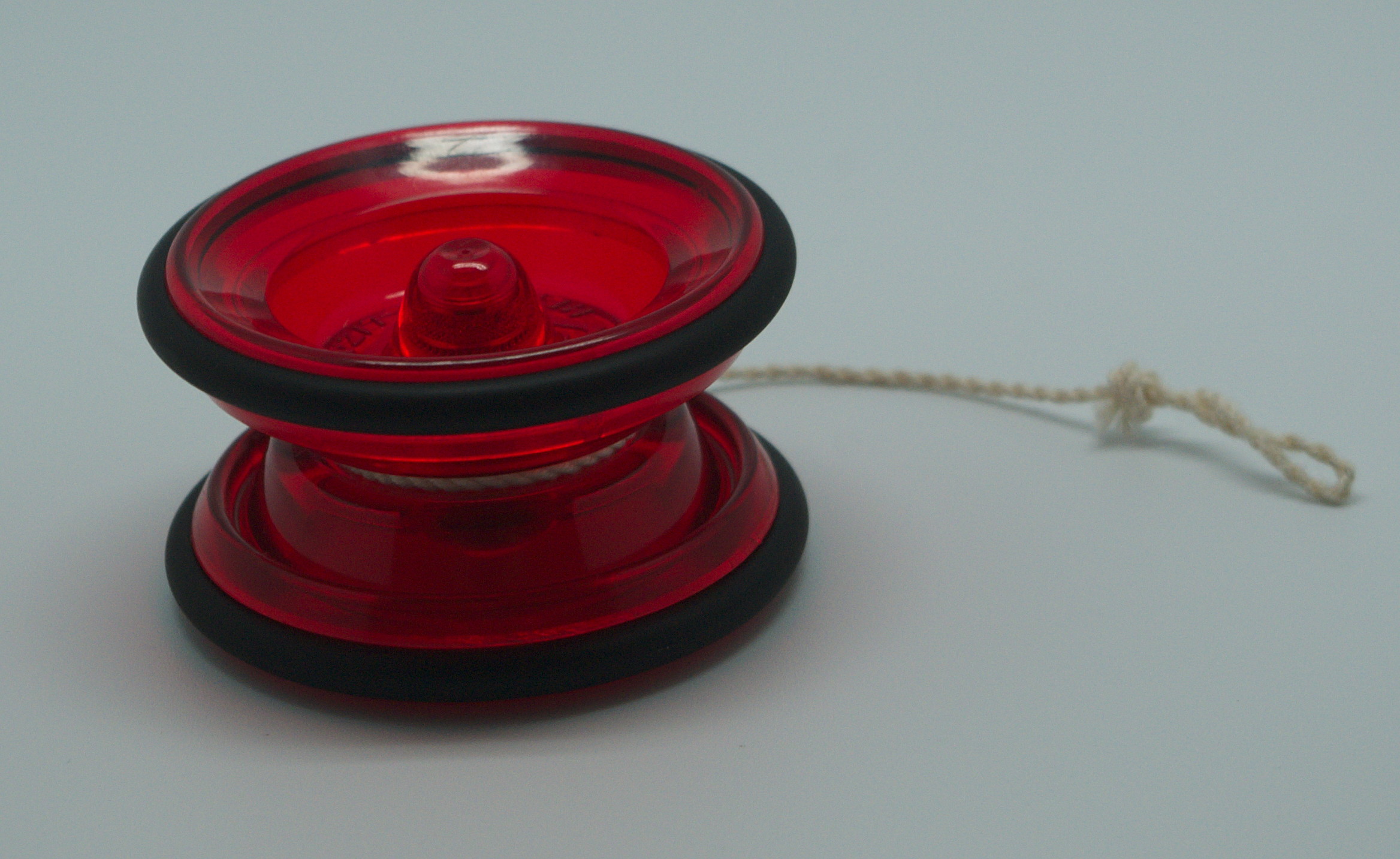
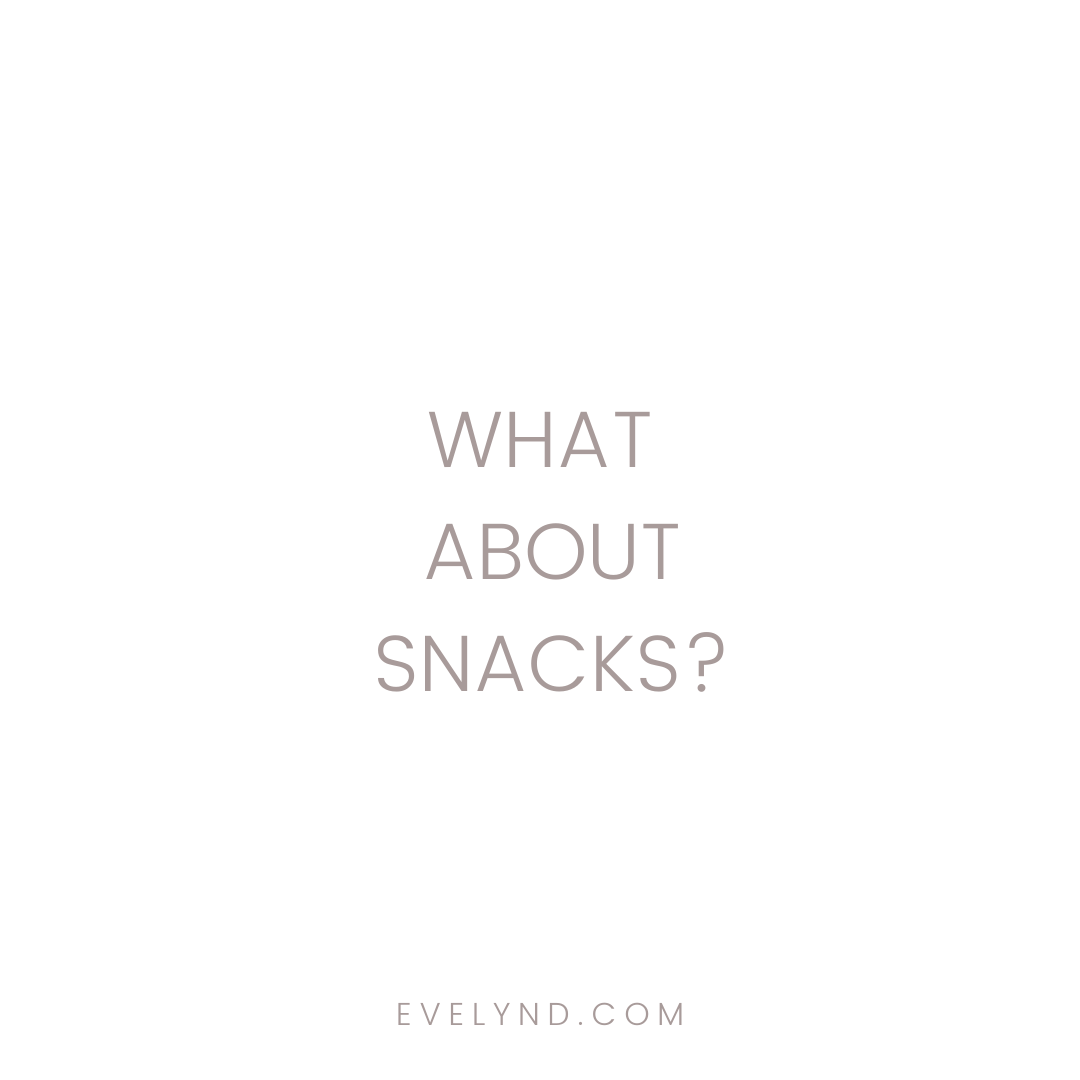
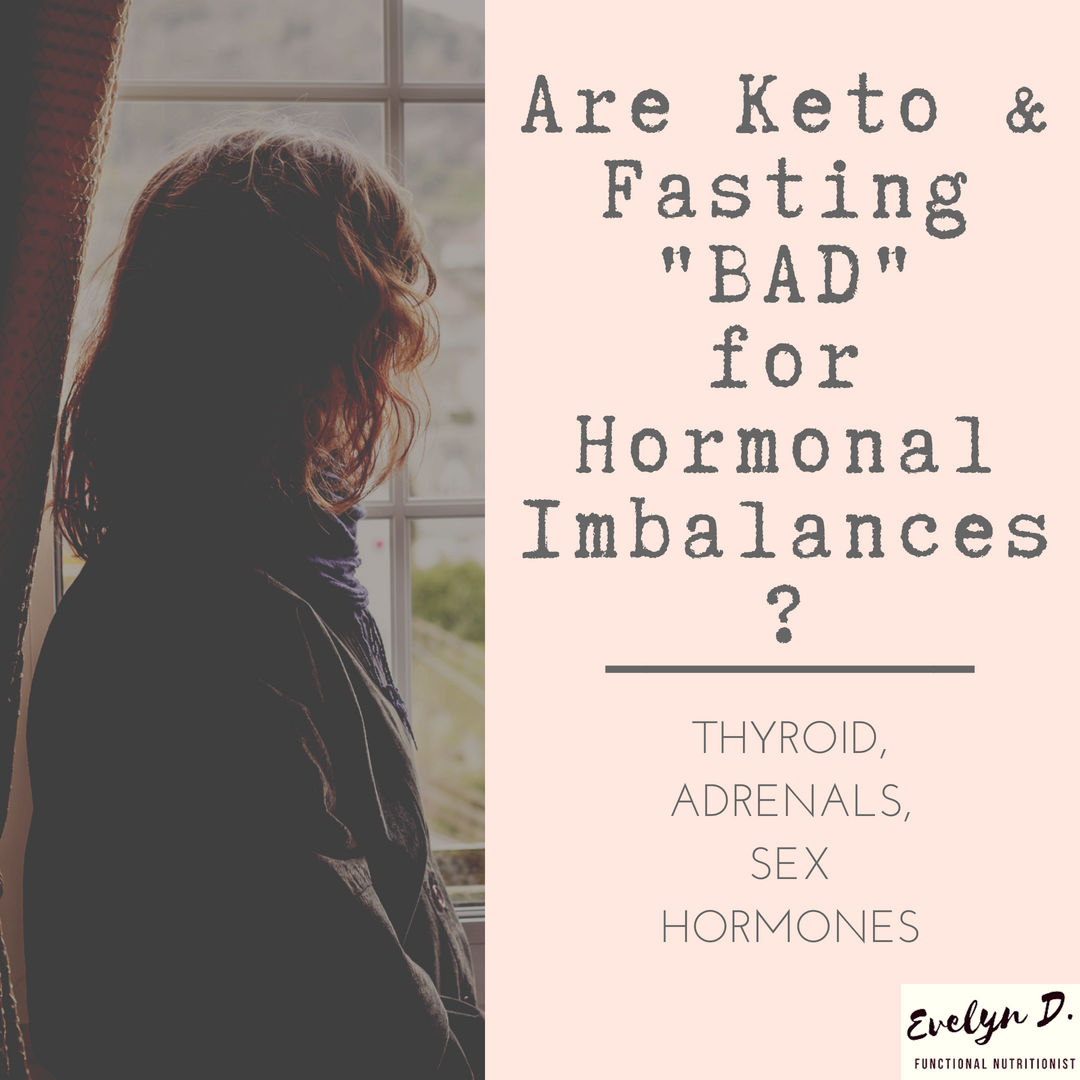
2 thoughts on “Why Do You Get Cravings?”
On the same journey Evelyn. Thank you sharing and offering this. Again, I am certain many women relate. It’s about being gentle yet getting REAL honest with myself–also knowing that I am called to better. As good as the wine is, the deepest part of me KNOWS there is better and won’t settle for less.(yes I say that with 80 percent strength, or maybe 100 percent strength 80 percent enthusiasm–ahh still not sure that’s right but trust you get me!!) and yes… It’s about becoming aware of my triggers–I am realizing it’s about recognizing I am more than my thoughts and feelings (digging deeper than my soul), and looking to feed my Spirit in life giving ways-to recognize and stand in the Truth of who I am and whose I am. At the same time becoming aware of the many toxic thoughts I have and where they come from…generational programing and modeling of certain thought patterns and behaviors….old trauma that needs continued healing (thought that already happened) acknowledging and seeing residual hurt it is a vulnerable place for lies and belief patterns, pressures (financial, marital, family etc..) that tempt me to get caught up in worry, boundaries that can get blurry as to whose “stuff” is whose, feeding my fear or emotions with too much sugar or caffeine, not fully getting the significance of the priority of “life giving self care” as not just necessary but vital-esp as I have 4 children (and a husband) to care for and a number of patients who I “give”–I cannot truly offer my best otherwise. (Not sure I responded in the correct place-I am technol. remedial-yes appreciate any info you might share :)-thank you!!) xxo Gina
YES! I get you! Thanks so much for your insight. It’s so much bigger and deeper than we know. And it’s not as scary as we think…<3
xo,
Ev